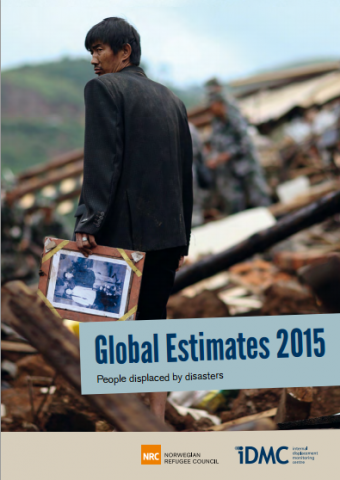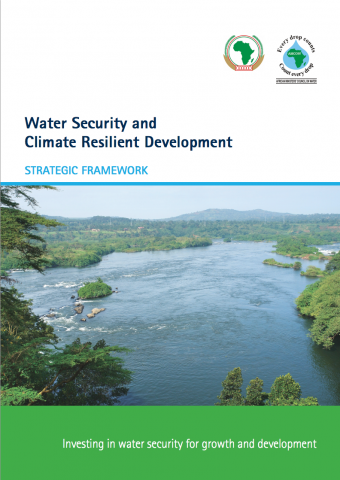Water Security and Climate Resilient Development – Strategic Framework


This Framework provides an approach for the development of ‘no/low regrets’ investments and financing strategies, as a starting point for embarking on climate resilient development in Africa. No/low regrets investments have the key characteristic of delivering benefits under any future climate scenario and building confidence in the long term sustainability of development activities. Fast-tracking these investments allows action to be taken now, despite the large uncertainties in the future climate. The Framework also promotes longer term actions to mainstream water security in development planning systems, and to influence resource allocation toward climate resilient development.
African Ministers Council on Water (AMCOW) by Water Climate Development Programme, 2012
Water Security and Climate Resilient Development – Strategic Framework
http://wcdrrbag.info/Undocuments/ByStakeholder/Water_security_and_climate_resilient_development_Strategic_Framework_(AMCOW_and_GWP_2012)_English.pdf
